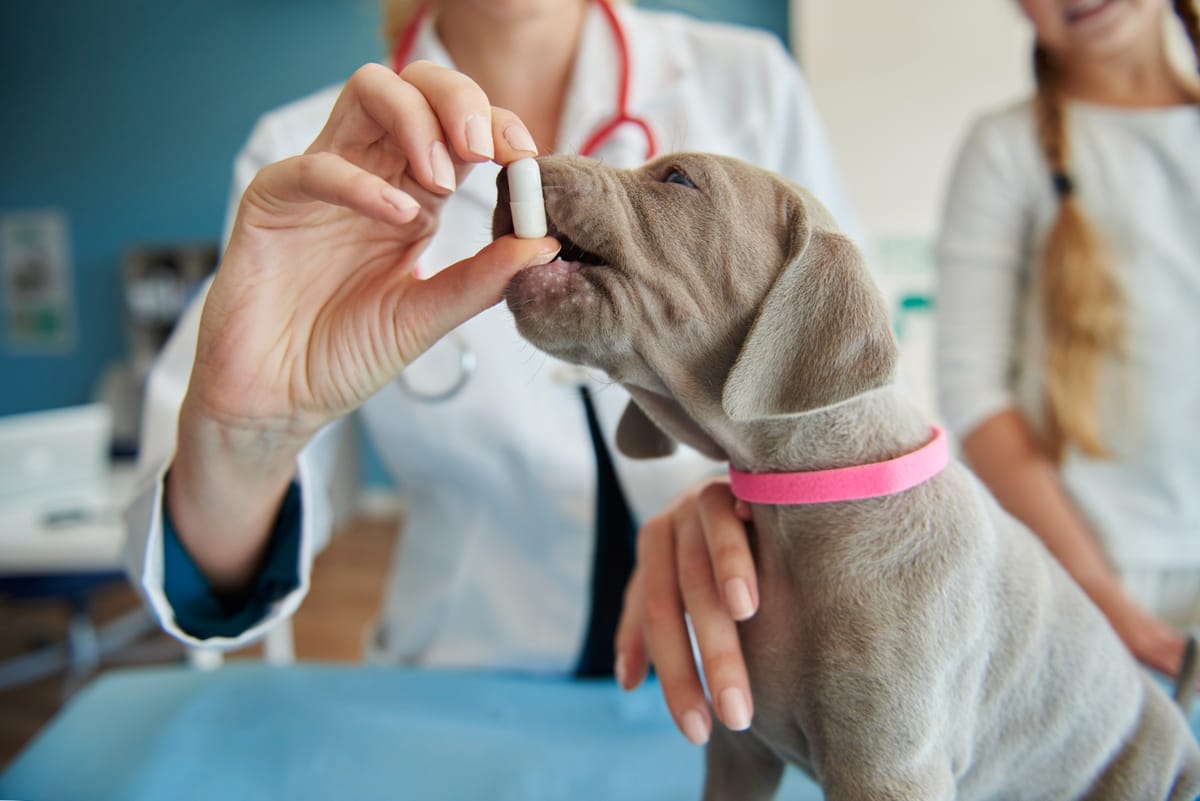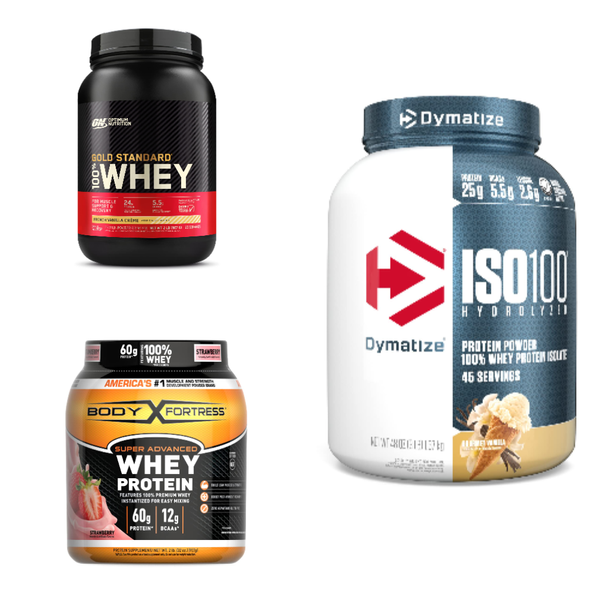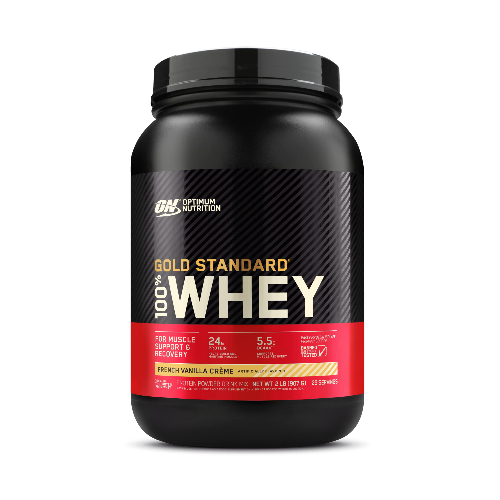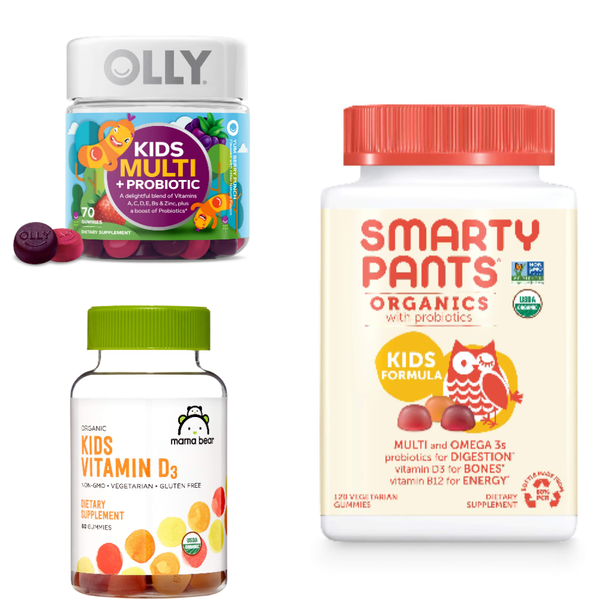Vitamin E is a powerful nutrient that often flies under the radar when it comes to canine health. Yet, its impact on our furry friends is nothing short of remarkable. From bolstering the immune system to ensuring a glossy coat, the benefits of vitamin E for dogs are manifold. In this comprehensive guide, we'll explore the myriad ways in which this essential vitamin can contribute to a happy, healthy life for your pet.
The Immune Booster: Vitamin E's Role in Dog's Health
Vitamin E is a potent antioxidant that helps protect the body from oxidative stress, which can lead to cellular damage. For dogs, this means a stronger immune system capable of warding off diseases. It's a fat-soluble vitamin, meaning it requires fat from the dog's diet for proper absorption. This synergy between vitamin E and fat metabolism is a cornerstone of canine health.
Skin and Coat: The Beauty Benefits of Vitamin E
One of the most visible vitamin E for dogs benefits is the promotion of healthy skin and a lustrous coat. Dogs suffering from dry or itchy skin may find relief with vitamin E supplementation, either through their diet or topical vitamin E oil applications. This nutrient helps maintain the integrity of cell membranes, ensuring that your dog's skin remains resilient against environmental stressors.
Muscle Maintenance: Vitamin E for Active and Aging Dogs
Healthy muscles are vital for dogs of all ages, but especially for active breeds and senior pets. Vitamin E plays a critical role in preventing oxidative damage to muscle tissue, which can lead to weakness and degeneration. By incorporating natural vitamin E-rich foods or supplements into your dog's diet, you can support their muscular health and mobility.
Eye Health: Preventing Vision Problems with Vitamin E
Poor vision and eye problems can significantly impact a dog's quality of life. Vitamin E has been linked to maintaining good eye health, helping to prevent conditions like cataracts and retinal degeneration. Ensuring your dog receives enough vitamin E can be a proactive step in preserving their sight well into their golden years.
Cardiovascular Care: Vitamin E for a Healthy Heart
The heart is another organ that benefits from the anti-inflammatory and antioxidant properties of vitamin E. By promoting cardiovascular health, this essential vitamin can help prevent common heart issues in dogs, contributing to a robust and efficient circulatory system.
Enhancing Dog Foods with Vitamin E
Many commercial dog foods are formulated to be complete and balanced, often including vitamin E as a preservative and nutrient. However, not all dog foods are created equal. Pet parents should look for products that meet the standards set by the American Feed Control Officials, ensuring their pets receive a diet that includes all essential nutrients, including vitamin E.
Natural Sources: Incorporating Vitamin E into Your Dog's Diet
While dog foods may contain vitamin E, incorporating natural sources into your dog's diet can provide additional health benefits. Fresh green vegetables, natural wheat germ, and sunflower oil are excellent sources of natural vitamin E that can be added to your dog's meals.
Supplements: When to Consider Additional Vitamin E
In some cases, dogs may require additional vitamin E beyond what their diet provides. This is particularly true for dogs on homemade diets or those with certain health conditions. Dog vitamin supplements can help bridge the gap, but it's crucial to consult with a veterinarian to determine the appropriate dosage.
The Dosage Dilemma: Finding the Right Vitamin E Amount for Your Dog
Determining the right vitamin E dosage for your dog can be challenging. Factors such as age, size, and health status all play a role. It's essential to avoid giving too much vitamin E, as it can lead to nutritional imbalances. A vet can guide the optimal amount for your pet. Cognitive Clarity: How Vitamin E Supports Brain Health in Dogs In the realm of canine cognition, Vitamin E emerges as a pivotal player. As dogs age, their mental faculties can begin to wane, much like in humans. Adding Vitamin E to a dog's diet can help mitigate the cognitive decline, thanks to its potent antioxidant properties. These properties combat oxidative stress, which is a known factor in brain aging. By incorporating natural sources of Vitamin E or a high-quality vitamin E supplement into your pet's regimen, you're not only supporting their immediate health but also investing in their mental sharpness for years to come.
The brain benefits of Vitamin E don't stop at prevention; they extend to healing. Dogs recovering from neurological issues may find an ally in this essential nutrient. The anti-inflammatory benefits of Vitamin E can aid in reducing inflammation in the nervous system, which is crucial for dogs suffering from conditions like encephalitis or degenerative myelopathy. Ensuring that adult dogs receive an adequate amount of this fat-soluble vitamin, whether through dog food enriched with alpha-tocopherol or through supplements, can be a key factor in maintaining their cognitive health.
Joint Health: Easing Mobility with Vitamin E Joint health is a significant concern for many dog owners, especially as their canine companions enter their senior years. Vitamin E plays a crucial role in maintaining joint health due to its anti-inflammatory benefits. Inflammation is a common cause of joint pain and can lead to conditions such as arthritis. By adding vitamin E to a dog's diet, either through natural food sources like fish oil, which is rich in polyunsaturated fatty acids, or through a vitamin E supplement, owners can help alleviate joint discomfort and improve their dog's mobility.
Moreover, Vitamin E's role in a dog's health extends to the prevention of eye and muscle degeneration, conditions often associated with joint issues. The antioxidant properties of this essential vitamin help to protect tissues from oxidative damage, which can lead to degeneration. Pet foods that are specifically formulated to support joint health often include Vitamin E, but for those looking to incorporate natural sources, adding a drizzle of fish oil to a dog's food can be an effective way to ensure they are receiving this essential nutrient. This proactive approach can help maintain your dog's agility and comfort as they age.
Cognitive Clarity: How Vitamin E Supports Your Dog's Brain Health
Vitamin E isn't just beneficial for your dog's physical health; it plays a crucial role in maintaining cognitive function as well. As dogs age, their mental acuity can decline, leading to conditions similar to dementia in humans. The antioxidant properties of Vitamin E help to protect the nervous system from oxidative stress, which is a key factor in cognitive decline. By incorporating essential vitamins, including fat-soluble vitamins like Vitamin E, into your dog's diet, you're not just supporting their body, but also their mind.
The anti-inflammatory benefits of Vitamin E also contribute to brain health. Inflammation can affect the brain and lead to cognitive issues. By ensuring your dog's food includes a natural form of Vitamin E, you're providing them with a nutrient that can help mitigate these effects. Studies have shown that dogs with adequate levels of Vitamin E in their diet tend to maintain better cognitive function as they age, making it a vital component of your canine's overall well-being.
Joint Health: Vitamin E's Role in Mobility and Comfort
As dogs grow older, their joints can become a source of discomfort and mobility issues. Vitamin E's anti-inflammatory benefits are not limited to cognitive health; they extend to joint care as well. This fat-soluble vitamin helps to reduce inflammation in the joints, which can alleviate pain and improve mobility. By including Vitamin E in your dog's diet, you're helping to ensure that their golden years are as comfortable as possible, allowing them to stay active and happy.
Moreover, Vitamin E deficiencies in dogs can lead to a host of health problems, including musculoskeletal issues. Ensuring that your dog's food contains the right amount of this essential vitamin is crucial for preventing such deficiencies. Synthetic vitamin supplements can be used if natural sources are not meeting your dog's needs, but it's always best to consult with a veterinarian. They can help you understand the specific needs of your dog's body and recommend the best course of action to maintain their joint health and overall vitality.
Vitamin E Deficiency: Recognizing the Signs in Dogs
Vitamin E deficiency in dogs can lead to a range of health issues, including impaired immune system function, muscle weakness, and reproductive problems. Recognizing the signs early can prevent long-term damage and ensure your dog receives the necessary nutrients for recovery.
The Safety of Human Vitamins: Can Dogs Take Them?
It's important to note that human vitamins are not always suitable for dogs. The concentration of nutrients, including vitamin E, can differ significantly. Always opt for dog-specific supplements to avoid any adverse effects.
Topical Treatments: The External Use of Vitamin E
For skin conditions like dryness or skin mites, topical vitamin E treatments can be beneficial. Applying vitamin E oil directly to the affected area can soothe irritation and promote healing. However, it's important to use products designed for pets to prevent any complications.
The Synergy with Other Nutrients: Vitamin E's Partners in Health
Vitamin E doesn't work alone. It interacts with other essential nutrients like vitamin C and omega-3 fatty acids to enhance its effects. Ensuring your dog's diet is rich in these complementary nutrients can amplify the benefits of vitamin E.
The Organic Approach: Choosing Natural Dog Foods
Organic dog food brands often prioritize the inclusion of natural vitamin E sources. For pet parents interested in an organic approach to their dog's nutrition, these brands can offer a diet that aligns with their health and wellness values.
The Allergy Connection: Vitamin E for Dogs with Skin Problems
Dogs with allergies or skin problems may find relief with increased vitamin E intake. Its anti-inflammatory benefits can help alleviate symptoms and improve skin condition, making it a valuable component of a hypoallergenic diet.
The Aging Process: Supporting Senior Dogs with Vitamin E
As dogs age, their nutritional needs change. Senior dogs can benefit from more vitamin E to combat the increased oxidative stress associated with aging. Supplementing vitamin E can help maintain their health and vitality during their later years.
The Athletic Edge: Vitamin E for Working and Sporting Dogs
Working and sporting dogs have higher physical demands, which can lead to increased oxidative stress. Adequate vitamin E intake is essential for these dogs to maintain optimal health and performance.
The Final Word: Vitamin E's Place in a Balanced Canine Diet
While vitamin E is essential, it's just one piece of the puzzle. A complete and balanced diet, tailored to your dog's specific needs, is the best way to ensure they lead a healthy life. Vitamin E supplementation should be considered as part of a holistic approach to dog nutrition.
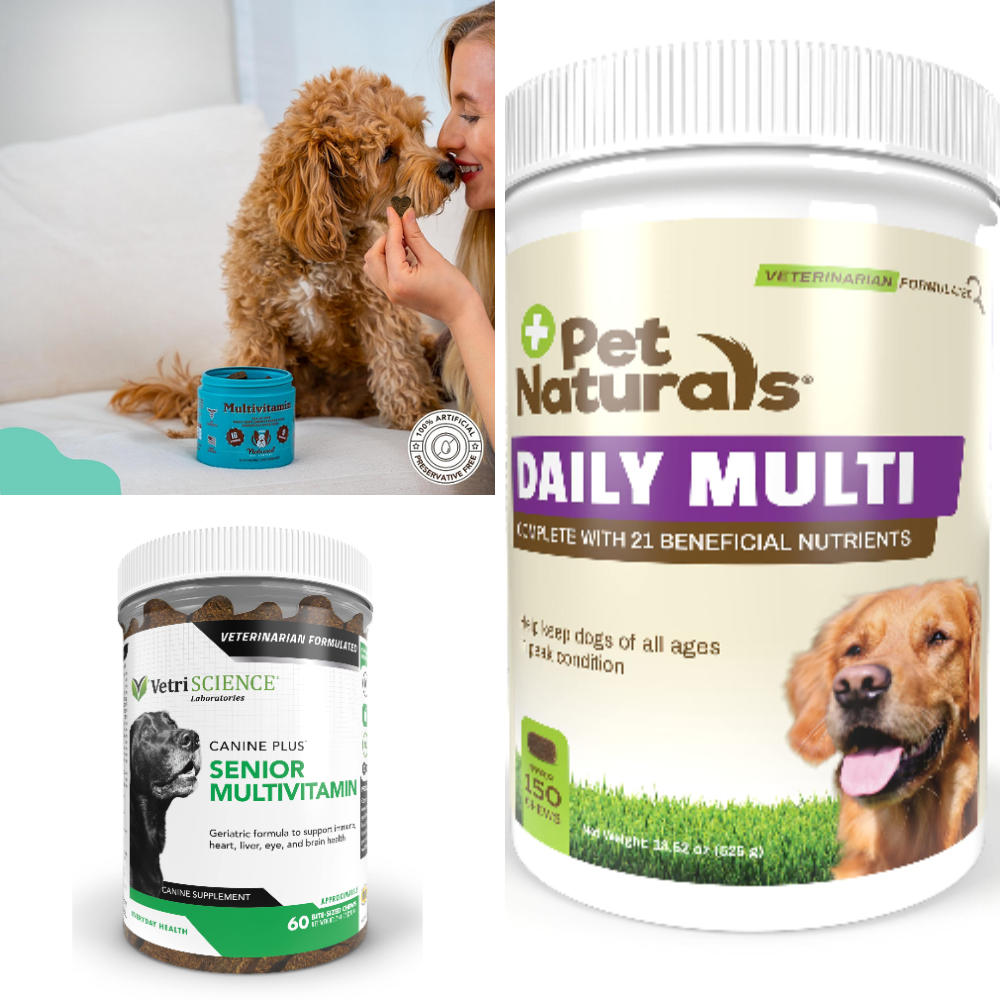

Can I give my dog human vitamin E supplements?
It's not recommended to give dogs human vitamin E supplements due to differences in dosage and formulation. Always choose supplements specifically designed for dogs and consult with your veterinarian before adding them to your dog's diet.
How do I know if my dog is getting enough vitamin E?
If your dog is on a complete and balanced diet, they are likely getting enough vitamin E. However, signs of deficiency can include poor immune function, skin problems, and muscle weakness. If you notice these symptoms, consult with your vet.
Can too much vitamin E be harmful to my dog?
Yes, excessive vitamin E intake can lead to nutritional imbalances and health issues. It's crucial to adhere to the appropriate dosage recommended by your veterinarian to avoid any adverse effects.

Vitamin E is an essential vitamin that offers a wealth of benefits for dogs, from supporting immune function and skin health to promoting cardiovascular and muscular well-being. While many dog foods contain this nutrient, additional supplementation may be necessary for some pets. It's important to consult with a veterinarian to determine the right vitamin E dosage for your dog and to choose high-quality sources, whether from food or supplements. By understanding the role of vitamin E in your dog's diet, you can help them maintain optimal health throughout their life.



